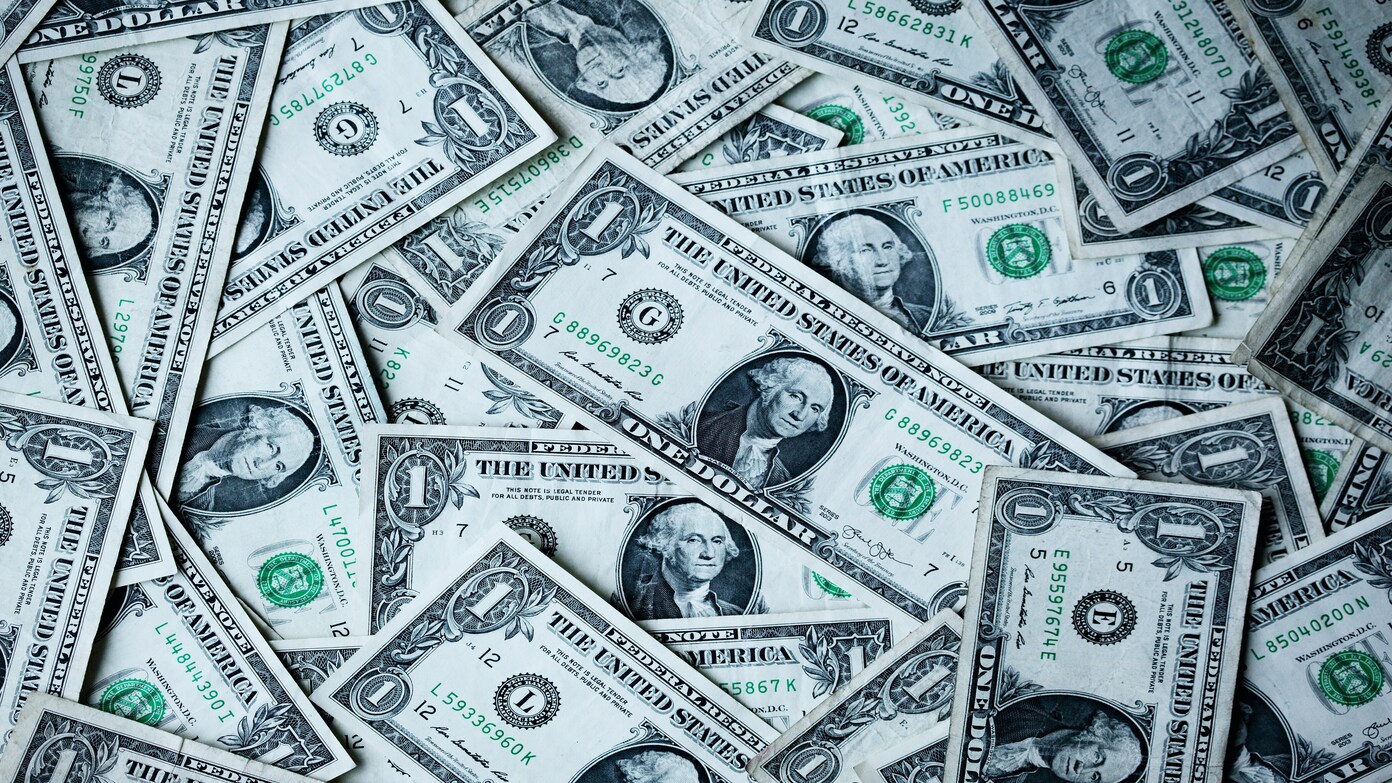The countdown to paper check elimination
Great things are in store for the payment of Social Security benefits. On September 30th, the Social Security Administration (SSA) will stop mailing out paper checks as a standard practice. This comes after a directive from the Trump administration for federal agencies to drop paper payments and switch to electronic means using methods like direct deposit, debit card, or even mobile wallets.
Though the overwhelming majority of people—some 99% of SSA beneficiaries—already get their payments by direct deposit, about 521,000 Americans still take traditional paper checks. They are out of time. If nothing is done, their payments may be halted.
What will happen if you keep receiving checks?
If you’re one of the remaining paper check recipients, you’ll need to take steps soon. The SSA is urging people to sign up for Direct Express, a prepaid debit card created specifically for federal benefit payments, or switch to direct deposit into a bank account.
Want to stick with paper checks? You can, but you’ll have to seek a waiver from the Treasury Department. Without a waiver by September 30, you may be delayed—even if your application isn’t yet approved.
Why the government is changing
Paper checks are expensive, time-consuming, and vulnerable to fraud. Mail theft has risen over the past few years since thieves steal government checks dropped in mailboxes. By adopting electronic payments, the government expects to save dollars and make the system safer.
The American Bankers Association is praising the transition as a move toward a “cheaper, faster, and more secure payment system.” In fact, the federal government has been pushing the transition since 2011, but the new deadline is infusing the effort with more urgency.
Who could feel the pinch?
The transition won’t affect everyone equally. Unbanked Americans, about 6% of adults, might struggle. They are disproportionately made up of poor families, Black and Hispanic families, people with disabilities, and those living in rural or tribal areas with limited banking or internet options.
For indigenous communities in particular, the transition is daunting. The Coalition of Large Tribes released a warning that cautioned the transition presents “substantial challenges” because they are not equipped with suitable broadband and have poor banking infrastructures.
What about Direct Express?
Direct Express is meant to be the safety net for people who lack a bank account. It’s a prepaid debit card usable wherever Mastercard is. But it hasn’t been problem-free. The Consumer Financial Protection Bureau sued the card administrator last year due to poor customer service and exploitative fees. The suit was dismissed in April, but the Treasury Department is changing administrators to fix those problems.
Bigger checks, same security
The good news: No matter whether you switch to Direct Express, direct deposit, or apply for a waiver, your Social Security benefits are secure—typically $2,000 or more per month for most retirees. The SSA has assured the public that the change will not result in anyone losing their benefits. Delays may happen, however, if people don’t cooperate quickly.
What you need to do now
If you’re still receiving paper checks:
- Contact the Treasury Department if you’d like to ask for a waiver.
- Consider signing up for Direct Express if you don’t have a bank account.
- Switch to direct deposit if you do have an account—it’s faster and safer.
SSA workers warn that the agency doesn’t have enough staff to phone everyone separately, and therefore, many will only hear by letter. That means the sooner you take action, the simpler the change will be.
Read more social security news:
Florida drivers with major insurer could be in line for refunds under state laws
How does the de minimis rule for shipping work now in the US?
Facebook $725 million settlement payments are now going out: how much can you expect?
Are luxury watches really a smart investment?
Mass deportations now target military members and veterans — even those who served
Student loan borrowers face growing delinquency crisis as situation turns urgent
The bottom line
The government’s move away from paper checks may be an inconvenience to some, especially those who live in rural areas or have limited access to banking. But it’s ultimately intended in the long run to ensure payments are safer, faster, and more reliable. To millions of Americans who rely on $2,000+ a month in Social Security benefits, breaking uninterrupted access is the goal.

